Meet the 2022 HG2BG Committee!
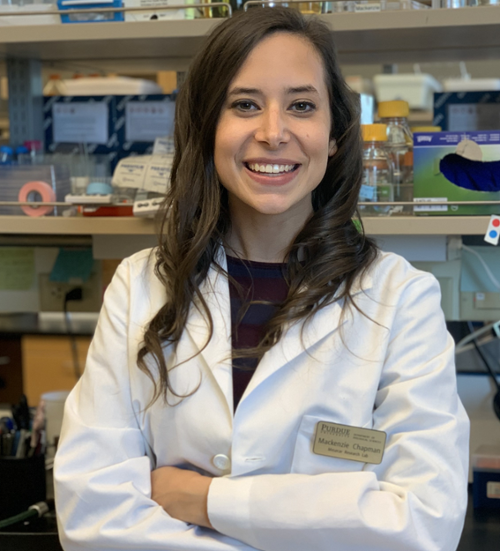
Mackenzie Chapman | Symposium Chair
Dept. of Biological Sciences
Mackenzie is a fourth-year graduate student in Dr. Andrew Mesecar’s Lab in the Department of Biological Sciences. She is currently investigating a protease encoded in Coronaviruses, the papain-like protease. Her work includes purification and characterization of the protease as well as using structure-based drug design to develop small-molecule inhibitors to treat the virus. Outside of science, Mackenzie loves to go to musicals and could probably sing you a showtune word-for-word if you asked her to. She even named her adopted, red and curly-haired dog, Annie. (Cue "The sun'll come out tomorrow...")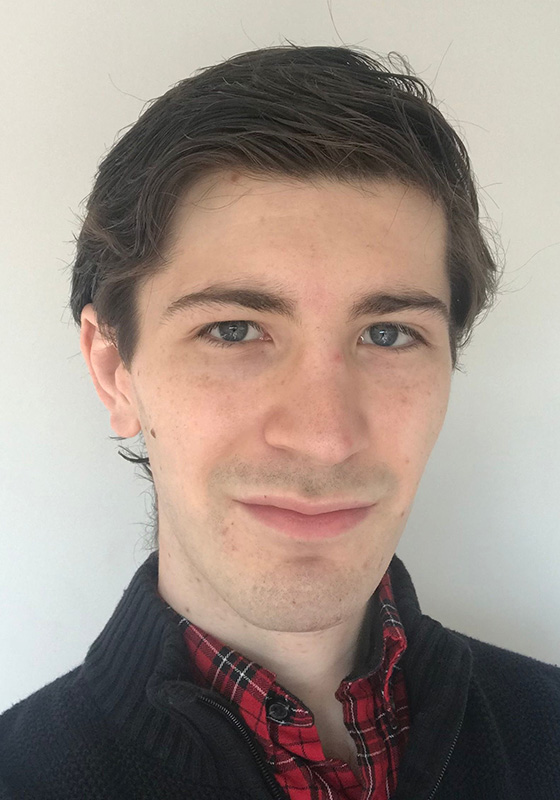
Gabriel (Gabe) Bury
Dept. of Physics & Astronomy
Gabe Bury graduated from Carleton College with a Bachelor of Arts in Physics. He is currently a third year Ph.D. student in Dr. Yulia Pushkar’s research group in the Department of Physics. His research interests are focused on photosynthesis, as the conversion of visible light to chemical energy by means of a synthetic device is an attractive idea for energy storage. Such devices require efficient water oxidation catalysts (WOCs) able to be incorporated into a molecular assembly onto electrode surfaces. The study of the Oxygen Evolving Complex (OEC) protein cluster of Photosystem II (PS II) and of potential WOCs is at the center of his research. Gabriel uses a variety of computational and spectroscopic methods to study these structures.
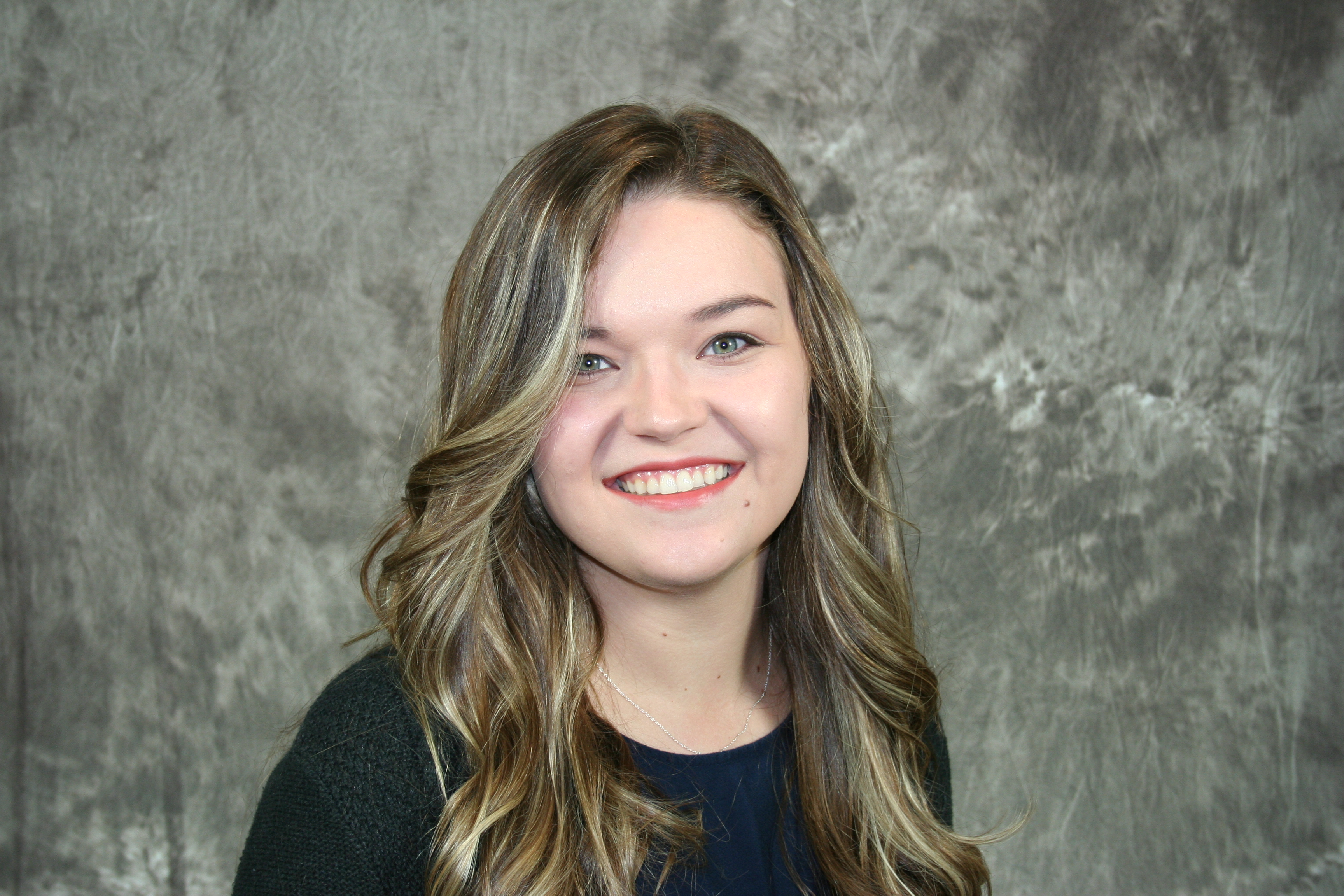
Emily David
Dept. of Medicinal Chemistry & Molecular Pharmacology
Emily is a fourth year, graduate student and PhD candidate in Dr. Rob Stahelin’s lab. She is a second year T32 Trainee in the Molecular Biophysics Training Program and is very involved in the College of Pharmacy Student Council. In the lab, Emily is focused on the envelope protein of SARS-CoV-2 and how it impacts membrane dynamics and viral assembly. She received her BS from the Fredrick Meijer Honors College at Grand Valley State University, double majoring in Cell and Molecular Biology and Dance. It was in her undergraduate research with Dr. Paul Cook where her passion for biophysics and structural biology began. In her free time, Emily enjoys dancing ballet and Lindy Hop, baking, roller-blading, and spending time with her family and friends.
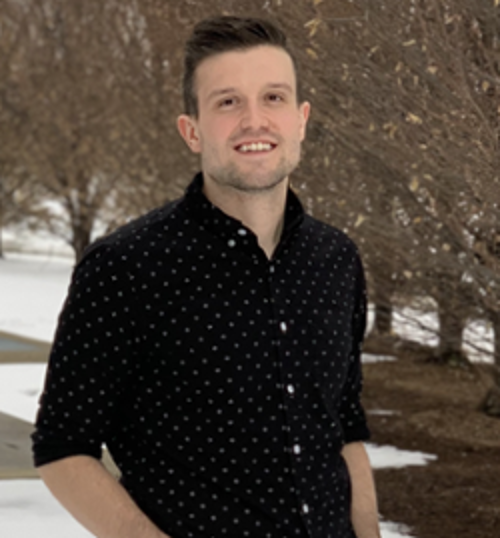
Clinton (Clint) Gabel
Dept. of Biological Sciences
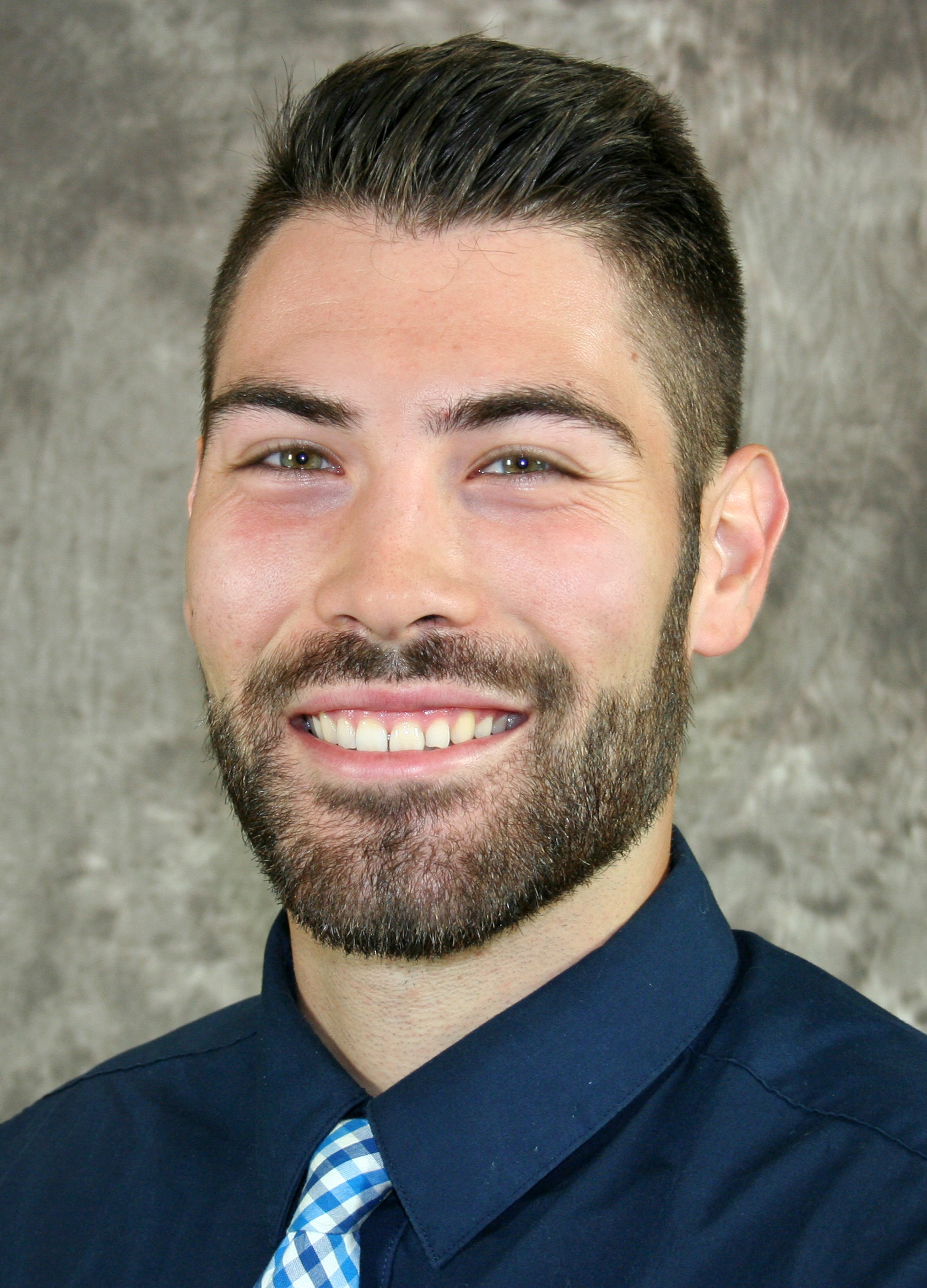
Ryan Imhoff
Dept. of Medicinal Chemistry & Molecular Pharmacology
Ryan Imhoff is a third year Ph.D. candidate in Dr. Daniel Flaherty’s lab in the Medicinal Chemistry and Molecular Pharmacology Department. Ryan’s research focuses on the identification and development of covalent inhibitors towards deubiquitinating enzymes for validation of novel targets for the treatment of cancers. His work includes the synthesis, biochemical testing, structural determination, and design of small-molecule inhibitors.
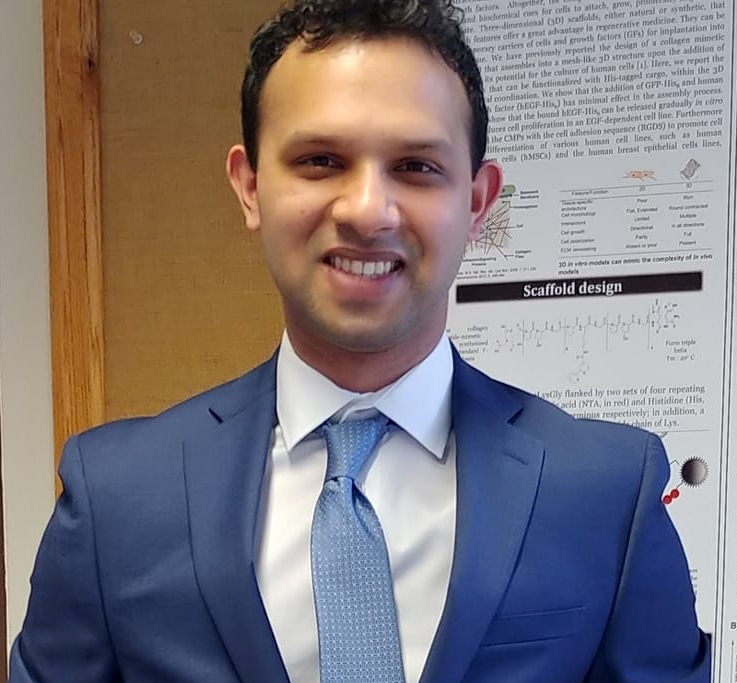
Vinay Menon
Dept. of Chemistry
Vinay is a fifth year student in the Chemical Biology training group. He works in the lab of Dr. Shalini Low-Nam in the Chemistry Department where his work focuses on total internal reflection fluorescence (TIRF) microscopy and single-molecule tracking of the molecular signals that lead to cancer cell metastasis. Outside of the lab, he enjoys going to movies, practicing martial arts, and spending with friends, family, and his cat Pharaoh.
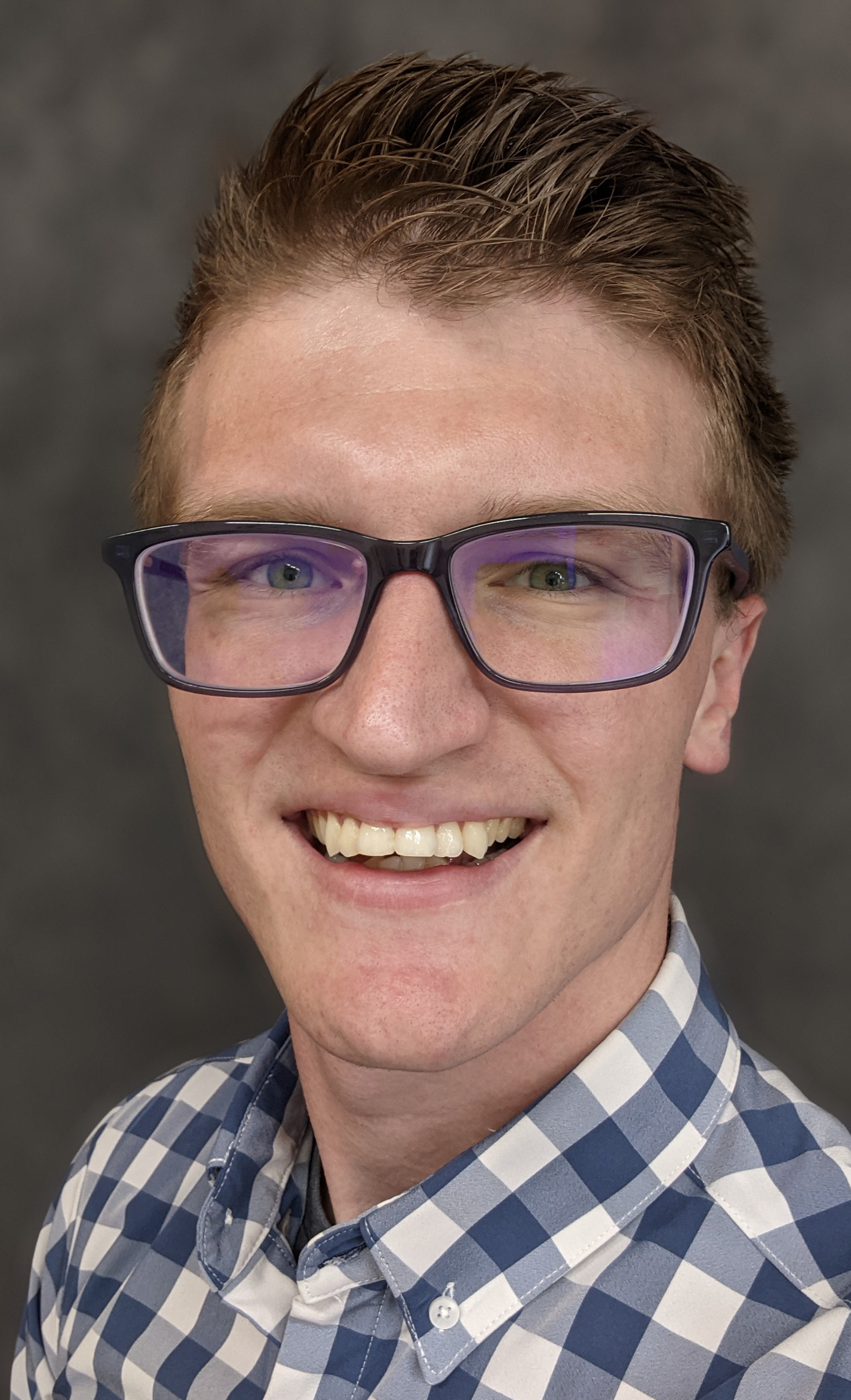
Kevin Lynn Scrudders
Dept. of Chemistry
Kevin is a third-year PhD candidate in the Department of Chemistry. Having completed a Bachelor of Science in Biochemistry and Philosophy at Heidelberg University (Tiffin, OH, USA) in 2019, Kevin continued his pursued of physical sciences and fundamental inquiry by joining the lab of Dr. Shalini T. Low-Nam. There he purses research quantifying the activation thresholds of Chimeric Antigen Receptor (CAR) T cells, an emerging cancer immunotherapy. These measurements exploit a combination of a tunable, biomimetic surface, called Supported-Lipid Bilayers (SLBs), and the single-molecule sensitivity and high spatiotemporal resolution of fluorescence microscopy. Kevin plans to complete his PhD in 2024 then continue conducting research that uses fundamental insights about cellular processes to improve human welfare.
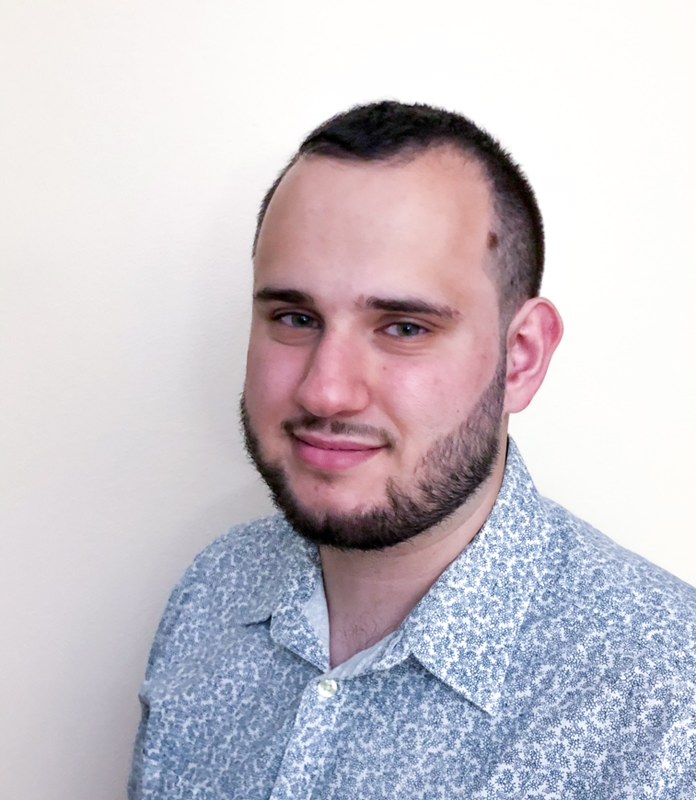
Igi Vilza
Dept. of Chemistry
Igi is a third-year graduate student and is finishing up his Master of Science in Dr. Angeline Lyon’s Lab. He received his Bachelor of Science at Saint Louis University looking into developing polymer capped aluminum nanoparticles. Now Igi’s research is characterizing the conformational dynamics of PLCβ3 and its interaction with the canonical activator Gβγ. Igi loves to paint, cook, and spending time with his twin brother.
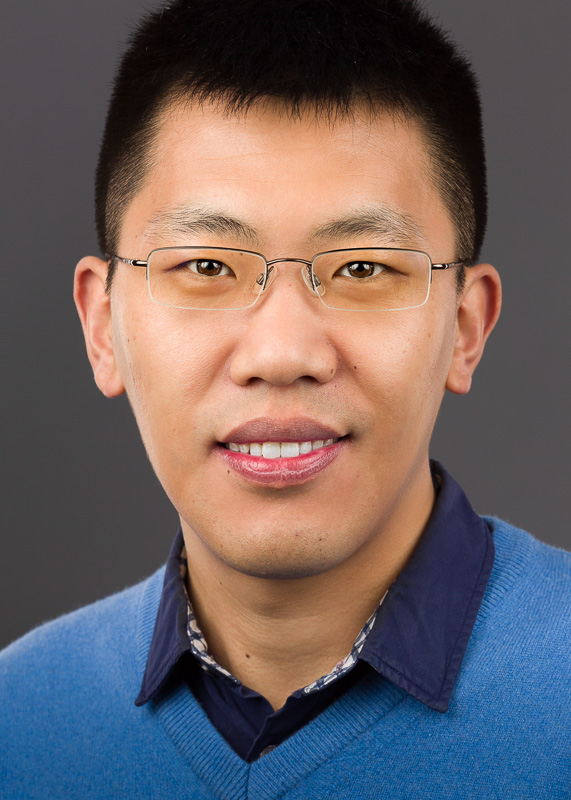
Dr. Leifu Chang | Faculty Advisor
Dept. of Biological Sciences
Dr. Chang received his Bachelors of Science in Biotechnology from the Lanzhou University and his Ph.D. in Biophysics from Tsinghua Univeristy, both in China. As a post-doc, he worked at The Institute of Cancer Research in London, UK, under Dr. David Barford before becoming a Investigator Scientist at the MRC Laboratory of Molecular Biology in Cambridge, UK. Leifu joined the Department of Biological Sciences as an Assistant Professor in January 2018 where he studies CRISPR-Cas systems and large protein complexes involved in mitosis. In his spare time, Leifu enjoys spending time with his wife and daughter, cooking, and gardening.